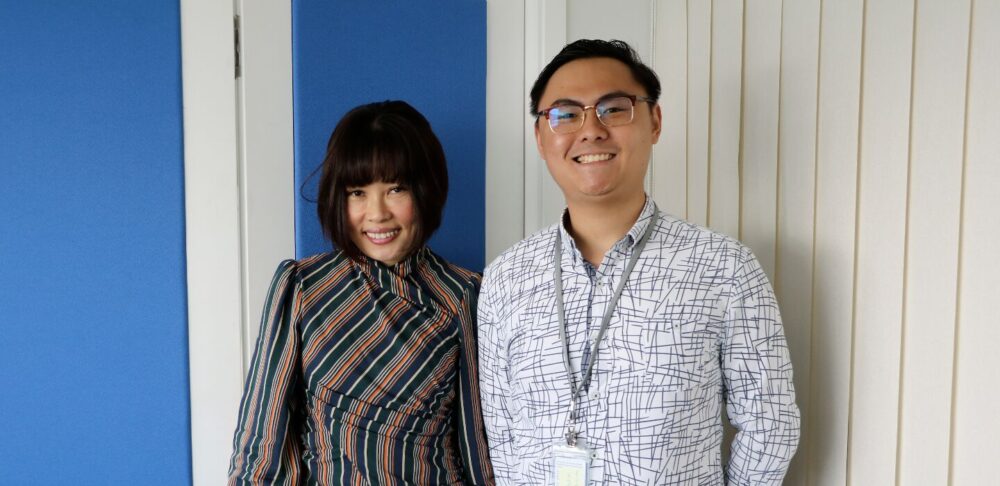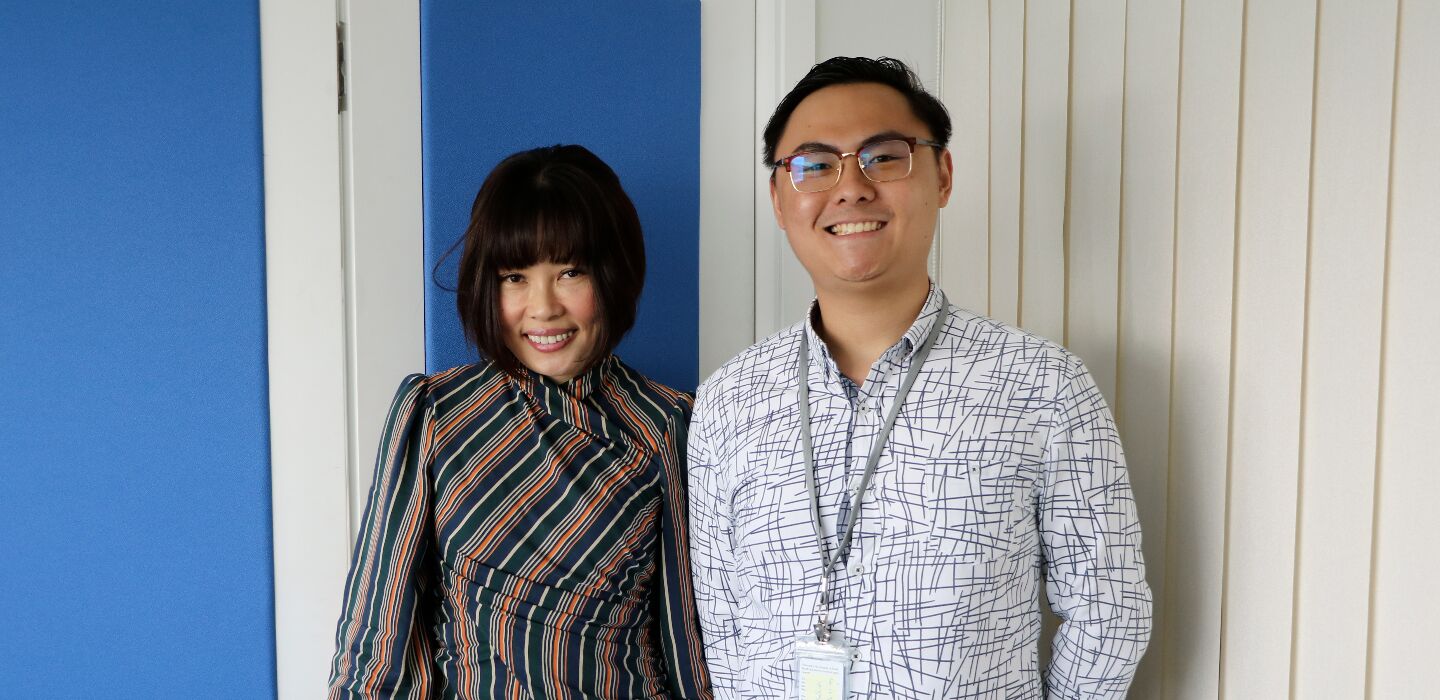As a research head, Sandra leads her team to create content and thought leadership advisory for the industry and the ecosystem. Her role includes formulating and operationalising strategy, content creation, and advising senior people in the context of IDC customers.
Q: Can you share more about your role and yourself to our readers?
IDC is a technology advisory firm. Our core business is to provide research content and advisory services to the technology industry and its surrounding ecosystem regarding information technology and telecommunication. We are a B2B organisation whereby we work with any government entities that adopt technology.
In my current role as the head of the group, I work with my team of IDC’s senior analysts and advisors with collective expertise across the ICT and digital sectors. As the senior member of the business unit and an analyst in the Asia/Pacific region, I dedicate my time and energy externally to deliver advisory workshops, strategy sessions, roundtables to help businesses accelerate in the digital economy. I focus on helping them transform in these 5 aspects: leadership, omni-customer engagements, insights, business model, and culture and change management.
As a frequent public speaker, I lead many IDC events to provide learning platforms for businesses and IT executives. For business leaders, I help them to keep abreast of new technologies, applications and use case contextualisation so they can explore and deploy them in their organisations.
My focus on building a successful business model for IDC requires a broad range of skills including pre-sales, sales-enablement, messaging, lead generation and content delivery. Being the Voice of Customer executive lead at IDC, I partner with stakeholders to translate customer/market feedback into improved operating models and new products

(Left) Sandra Ng, Group Vice President, ICT Practice at IDC
Bachelor of Business Administration - Corporate Finance (1992)
Q: Can you share with us your experience at NUS Business School?
My passion in research grew when I was in Business school. It equipped me with the skills and resources to look for information and interpret data. I was able to contextualise and understand the data well. As a research analyst, knowing the domain of the industry and being able to analyse, interpret, conceptualise and extract value is important. My domain knowledge was picked up and accumulated over the years. That is my core strength and it helped me stay in the industry for this long.
My initial plan was to join banking, but I did not expose myself to the industry. Therefore, I would say that internships are critical and I strongly encourage everyone to take up internships. At that time, we did not have any formal internship programme. I only took on odd jobs like services job and clerical work.
Q: Given a chance, what are some things you would have done differently?
Nobody expected technology to be embedded in every industry and sector. If I had known that, I would have jumped into a different industry, taking advantage of what I knew about technology and applying it there.
As a practitioner, the diversity would have helped me to apply and stay curious. I am currently learning through the harder way but the diversity in my team helps to come up with creative ideas. My team complements the exposure I lack.
There is no single path to get to a destination. I always challenge and tell myself that it can be done in another way. If I can come up with an alternative way and with someone from a different background, we can have more tools. I believe in the importance of diversity.
Q: What are some challenges you faced in the technology industry?
When I joined the technology industry, it was dominated by men. In the early part of my career, it was a challenge especially in the advisory role. It was not just that I was young, I was an Asian woman. Telecommunication industry was hierarchical. But times have changed and there is a level of appreciation for young people. Customers appreciate the creativity of the younger generation.
Furthermore, the technology industry and the skill-sets necessary for success are changing at a fast pace. Anyone who wants to work in ICT industry must stay hungry, curious and adaptable as the ICT industry is not different than any other industry. One who does not change with the times will get left out sooner or later.





